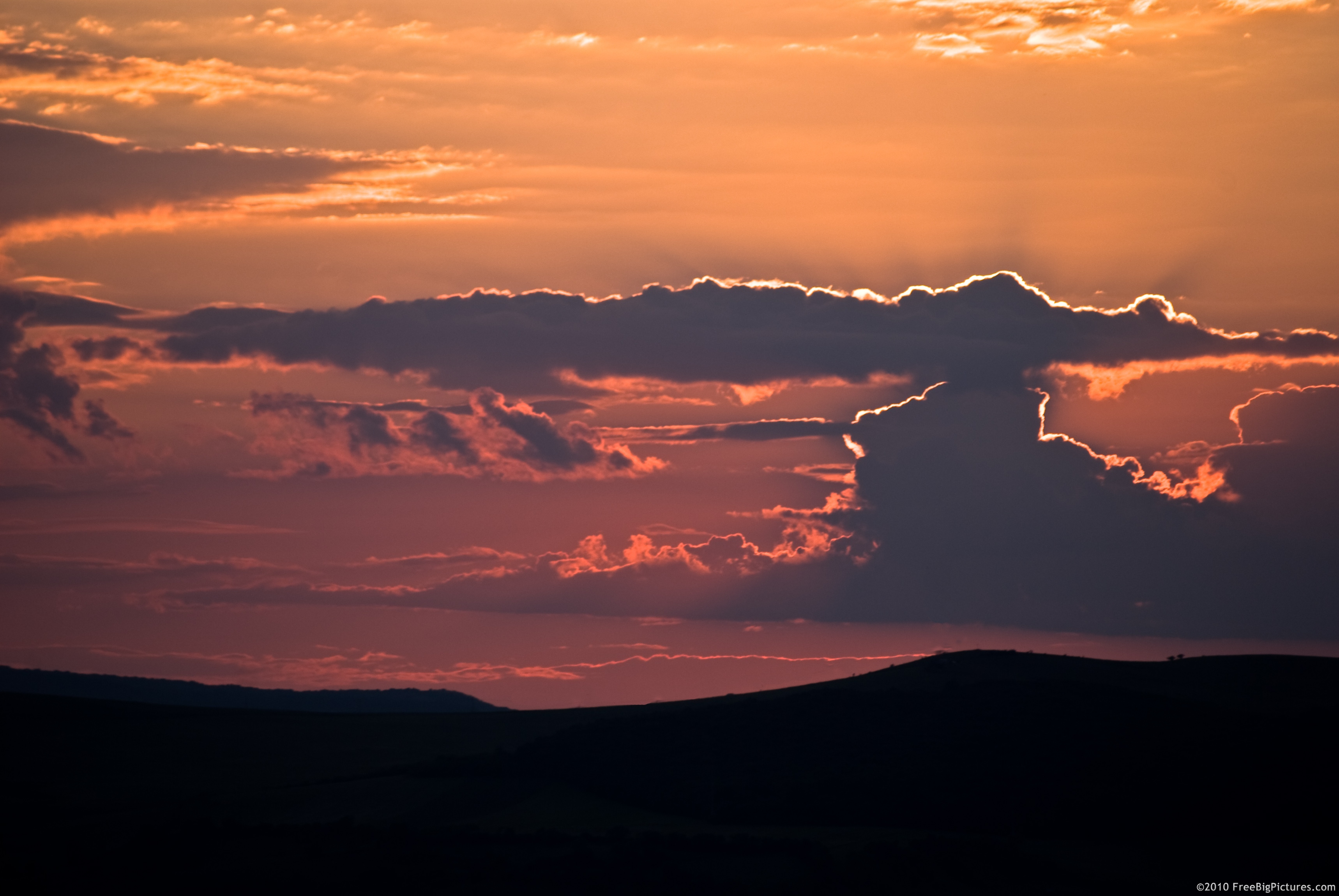Before this, I had a few other posts on fun words - namely, weird literary terms. If you care to read about malapropisms, mondegreens, and echophonesis, check them out!
Okay, on to twilight.
The English language is a flexible language. Yes, we have "grammar," but there is no official language society that tells us what to do (like there is in France and some other languages). Words take on different meanings as we move through time. They can take on different connotations, depending on how they have been used in culture. One such word is twilight.
Seriously, when you hear the word twilight, separate from any context, what do you think of? Honestly.
I'll confess that I generally picture this:
That's because that's the most common use of the word today.* We think of sparkling vampires, shirtless werewolves, weirdly-obsessed tween girls.** Mention the word twilight in conversation, and half the population will go "Ugh," and half will squeal and giggle. (I like to think that it's more of a 4:1, 5:1, or even 6:1 ratio, though.)
But look at the dictionary meaning of twilight.
1. the soft glowing light from the sky when the sun is below the horizon, caused by the refraction and scattering of the sun's rays from the atmosphere.
2. a period or state of obscurity, ambiguity, or gradual decline.
It's beautiful (soft glowing light), it's scientific (refraction...atmosphere), it's deep (#2). This is such a beautiful word, really. Banish all thought of teenage romanticized vampires and werewolves from your mind and think about the word twilight in it's real, ancient sense. It's dusky and purple and cozy and mysterious and a bit scary all at the same time. It has a sense of closure that can be calming and peaceful - or dark and foreboding.
Twilight is that time when REAL vampires and werewolves come out - the kind who want to attack you and drink your blood, and not just watch you sleep.
The word twilight has been changed - and, I think, changed for the worse. Don't let such a gorgeous word go to waste! It's too beautiful.
Do you know of any words that have changed their connotation/meaning for the worse - or for the better? Let me know!
~Sophia
The word twilight has been changed - and, I think, changed for the worse. Don't let such a gorgeous word go to waste! It's too beautiful.
Do you know of any words that have changed their connotation/meaning for the worse - or for the better? Let me know!
~Sophia
_____________________________________________________________________
*I have never read the Twilight books (though I've read a few excerpts - and so experienced enough "telling not showing" to make me NEVER want to read them). This makes me a fine example of how pop culture can pervert the connotation of a word in the mind of someone who hasn't even consumed the source of that perversion.
**No offence to those who like the Twilight books - just to those who think they are excellent examples of higher literature.




Blockbuster. Now it is a big movie or book, but originally it was bombs weighing several tons dropped meant to blow up whole buildings during WWII. Literally meant to be big enough to bust a block.
ReplyDeleteExcellent! I love it! :)
Delete